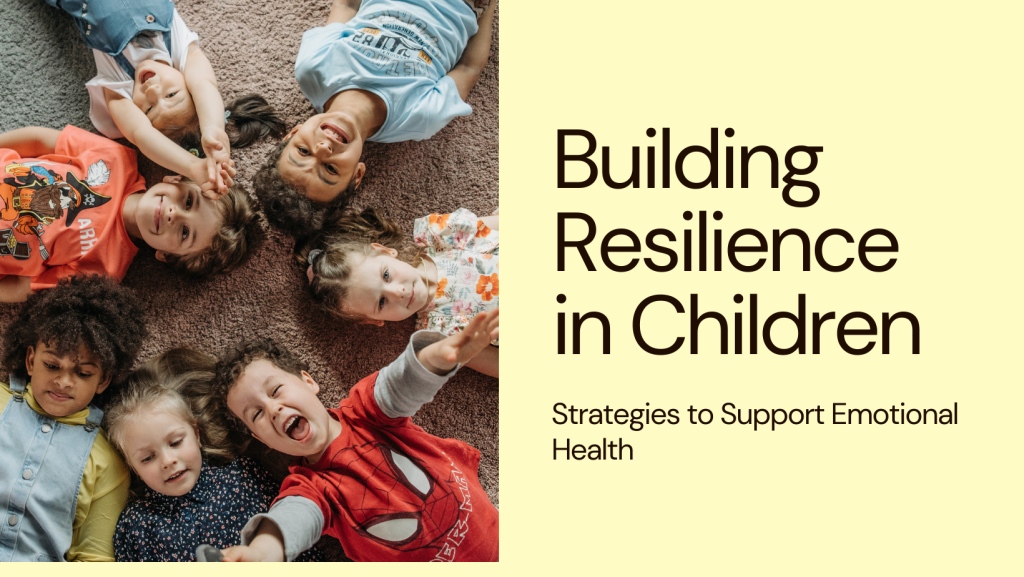Building resilience in children is crucial for their emotional well-being and overall development. Resilience enables children to cope with adversity, bounce back from setbacks, and thrive in the face of challenges. Fortunately, there are several strategies that parents, caregivers, and educators can employ to support the development of resilience in children.
Firstly, fostering positive relationships is essential for building resilience. Providing children with a supportive and nurturing environment where they feel loved, valued, and understood can help them develop a strong sense of security and self-esteem. Encouraging open communication and active listening can also strengthen parent-child or caregiver-child bonds, enabling children to seek support when needed.
Secondly, teaching problem-solving and coping skills equips children with the tools they need to navigate life’s challenges effectively. By encouraging problem-solving skills such as critical thinking, decision-making, and goal-setting, children can develop confidence in their ability to overcome obstacles. Additionally, teaching healthy coping mechanisms, such as deep breathing, mindfulness, or creative expression, can help children manage stress and regulate their emotions.
Furthermore, promoting a growth mindset can help children develop resilience by fostering a belief in their ability to learn and grow from experiences. Encouraging a positive attitude towards mistakes and failures, and emphasizing the importance of perseverance and effort, can empower children to approach challenges with resilience and determination.
In conclusion, building resilience in children is essential for promoting their emotional health and well-being. By fostering positive relationships, teaching problem-solving and coping skills, and promoting a growth mindset, parents, caregivers, and educators can support children in developing the resilience they need to thrive in today’s world.




